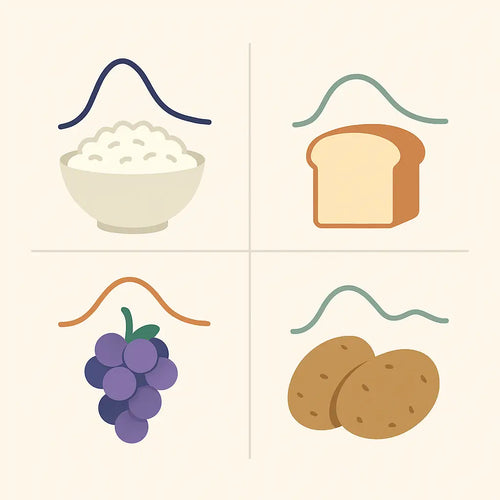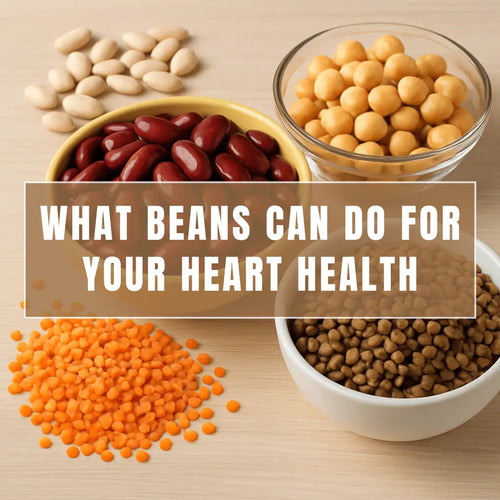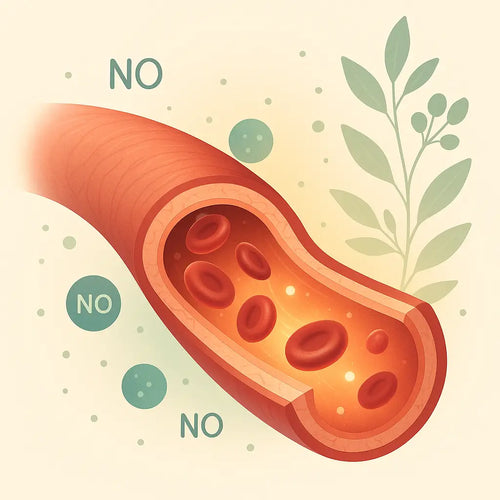No products in the cart.
Insulin resistance is a gradual process and if not addressed it can lead to type 2 diabetes. The cells in insulin resistant tissue are less responsive to insulin, causing the pancreas to compensate by producing more insulin in an attempt to transfer the blood glucose into the cells where it can be used for energy. There are several factors that can contribute to insulin resistance and it is interesting that pesticides seem to be one of these factors.
The first study reviewed here followed research participants for 20 years and examined if a low dose of pesticides predicted future adiposity, dyslipidemia (elevated cholesterol, triglycerides) and insulin resistance (Lee DH, et al. 2011). 8 organochlorine pesticides, 22 polychlorinated biphenyls (PCBs) and 1 polybrominated biphenyl were measured.
The results showed many statistically significant associations of pesticides with dysmetabolic conditions appearing at low doses. The changes were the same as seen in insulin resistance and included higher body mass index (BMI), higher triglycerides, higher HOMA-IR (value for insulin resistance) and lower HDL cholesterol (the good cholesterol).
An earlier study from 2010 found that exposure to some pesticides may be associated with the metabolic syndrome (Park SK, et al. 2010).
The metabolic syndrome is a condition where metabolic changes and symptoms are seen like insulin resistance, elevated cholesterol, triglycerides, lower HDL and high blood pressure.
In a very recent article the researchers stated that dioxins, pesticides and bisphenol A cause insulin resistance and alter beta-cell function in animals (Alonso-Magdalena P, et al. 2011). They continue to say that these chemicals are present in human blood and can accumulate and be released from adipocytes (fat cells) and bind to cellular receptors and other targets causing disruption of function.
To reduce your exposure to these chemicals you can buy certified organic produce and not use pesticide in your own garden.
Alonso-Magdalena P, Quesada I, Nadal A. Endocrine disruptors in the etiology of type 2 diabetes mellitus. Nat Rev Endocrinol. 2011 Jun;7(6):346-53. Epub 2011 Apr 5.
Lee DH, Steffes MW, Sjödin A, Jones RS, Needham LL, Jacobs DR Jr. Low dose organochlorine pesticides and polychlorinated biphenyls predict obesity, dyslipidemia, and insulin resistance among people free of diabetes. PLoS One. 2011 Jan 26;6(1):e15977.
Park SK, Son HK, Lee SK, Kang JH, Chang YS, Jacobs DR, Lee DH. Relationship between serum concentrations of organochlorine pesticides and metabolic syndrome among non-diabetic adults. J Prev Med Public Health. 2010 Jan;43(1):1-8.
Leave a comment









